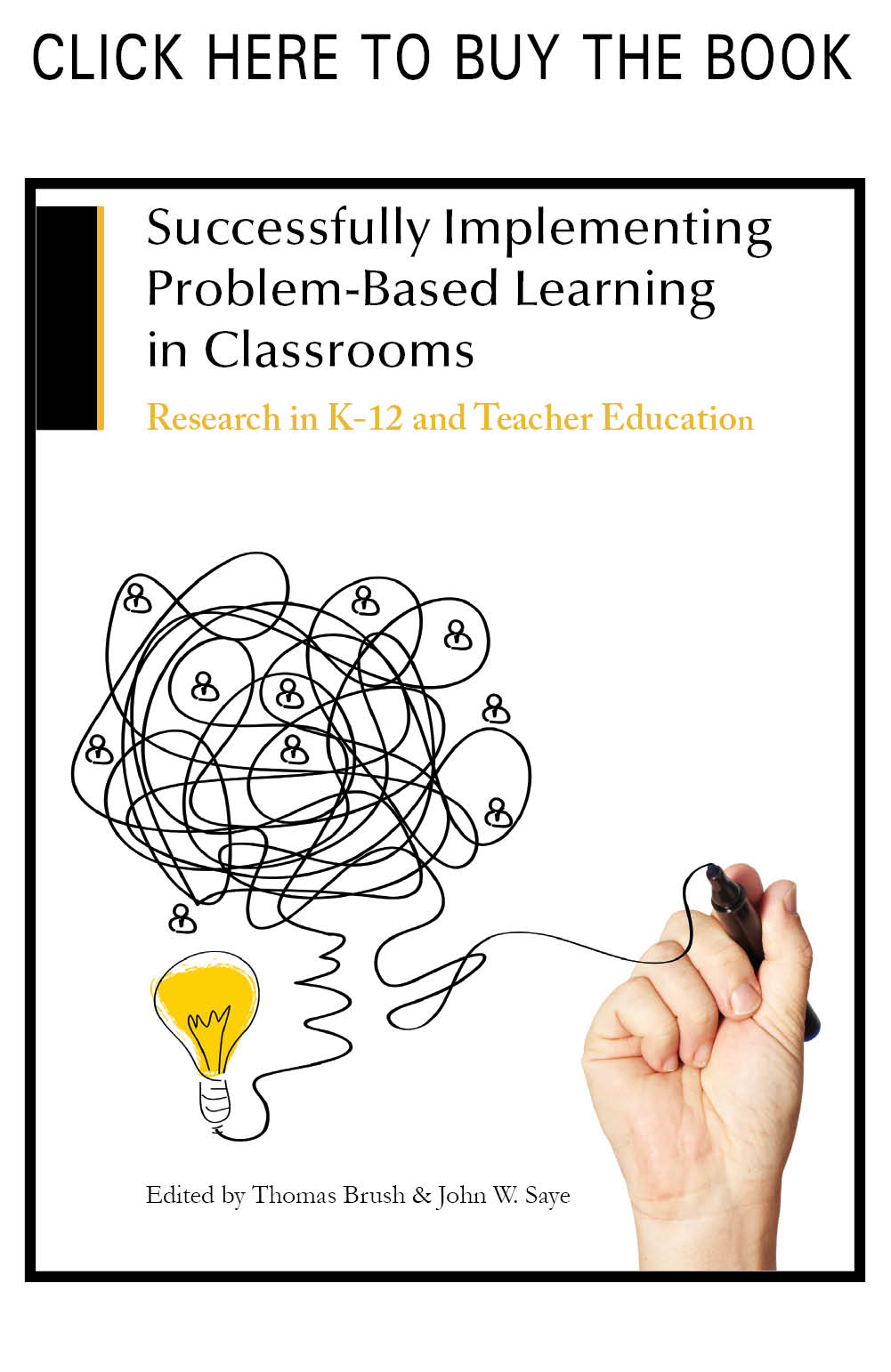Abstract
This article describes the iterative design, development, and evaluation of a case-based learning environment focusing on an ill-structured sales management problem. We discuss our processes and situate them within the broader framework of educational design research. The learning environment evolved over the course of three design phases. A semisummative evaluation of student concept maps after the third phase revealed unsatisfactory learning outcomes. This paper focuses on how we investigated design flaws that contributed to poor learning performance. A specific focus of our investigation was the use of Google Analytics data, which uncovered weaknesses in our design. Based on our findings, we used a rapid prototyping process to redesign the learning environment, emphasizing interactive and multimedia-rich elements. Processes and methods are reported along with discussion of implications for case-based reasoning, including relevant design principles. This article will provide insights into resolving design tensions for researchers and practitioners seeking to advance theory and practice in similar domains.
Recommended Citation
Schmidt, M.
,
&
Tawfik, A. A.
(2018). Using Analytics to Transform a Problem-Based Case Library: An Educational Design Research Approach. Interdisciplinary Journal of Problem-Based Learning, 12(1).
Available at: https://doi.org/10.7771/1541-5015.1635




